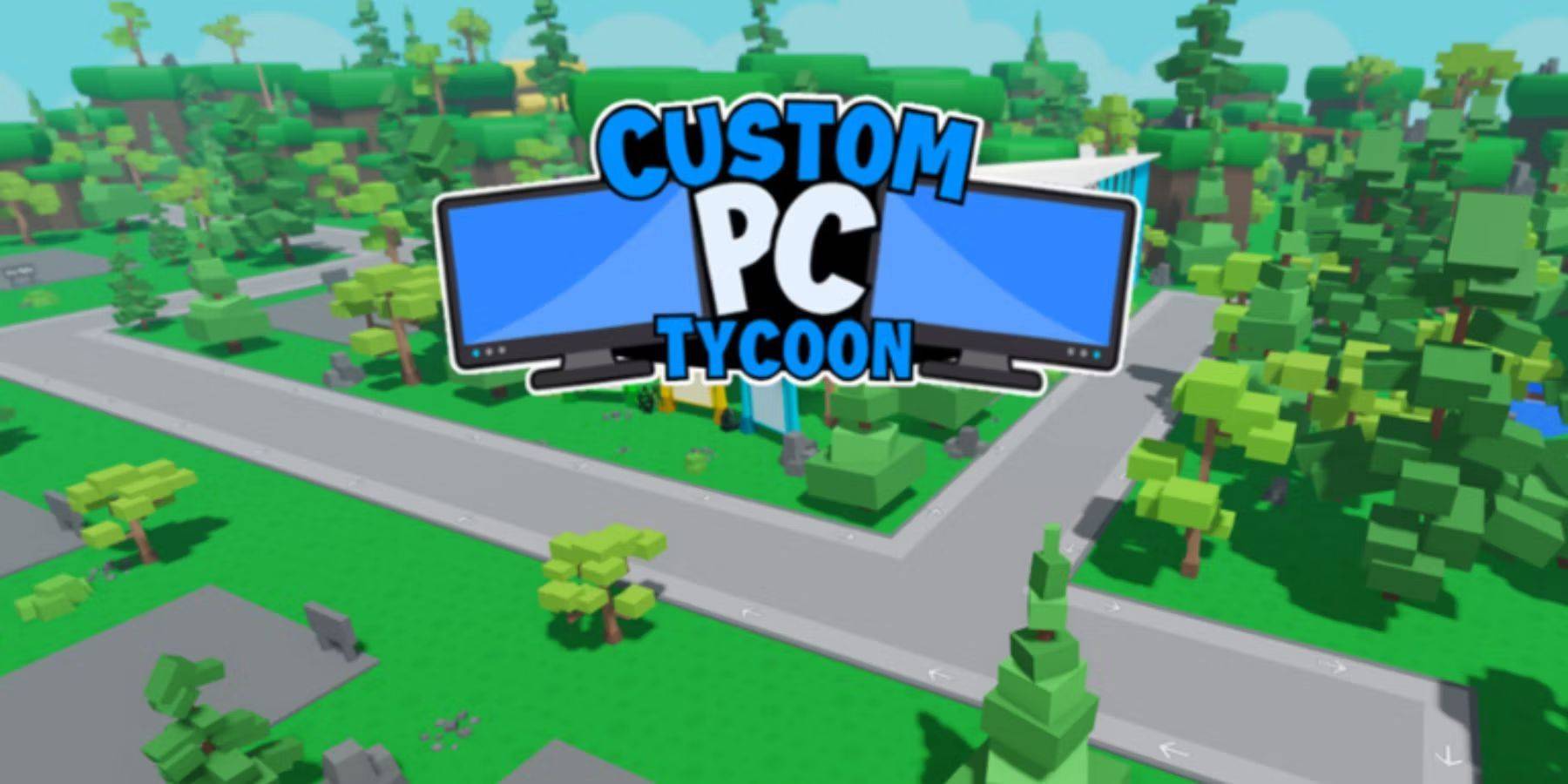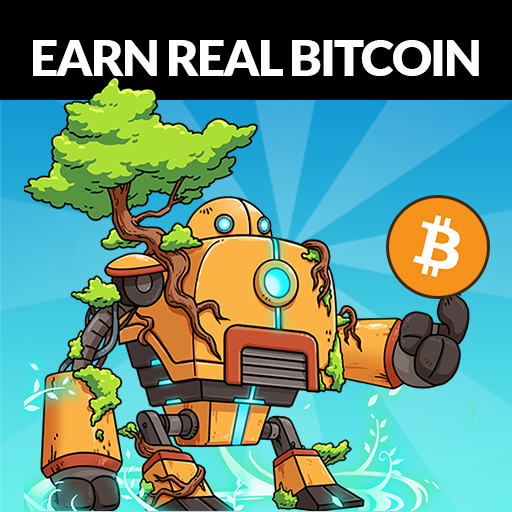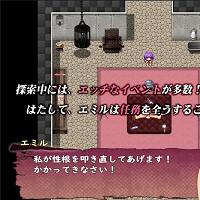
Valve has clarified its stance on in-game advertising, creating a dedicated policy page to prohibit games that force players to watch ads. This article details the new rules and their implications for players and developers.
Valve's New Policy on Forced In-Game Advertising
Crackdown on Forced Ads

Valve has implemented a stricter policy banning games requiring users to watch or interact with ads for gameplay or rewards. This practice, common in free-to-play mobile games, often involves unskippable ads between levels or ad-based reward systems.
While this policy has been part of Steamworks' terms for five years, its recent prominent placement—likely due to the platform's explosive growth (SteamDB reports 18,942 game launches in 2024 alone)—signals a renewed focus on enforcement. The sheer volume of new releases may have prompted Valve to clarify its existing guidelines.
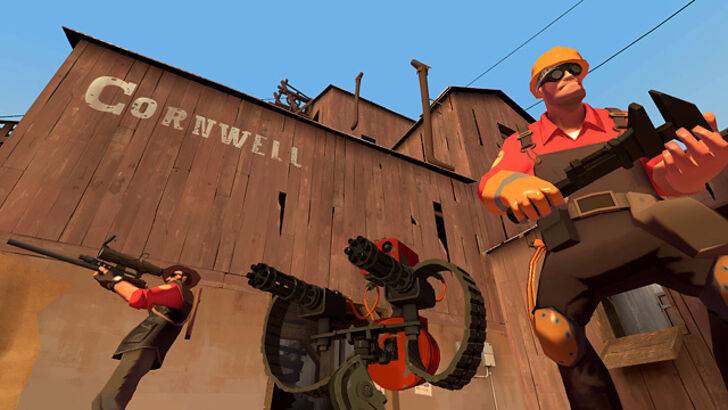
Steam's ad-free environment necessitates the removal of such monetization models. Games relying on forced ads must either remove them or transition to a paid model (single purchase) to be eligible for distribution. Alternatively, a free-to-play model with optional microtransactions or DLC is acceptable. Good Pizza, Great Pizza, a successful mobile-to-Steam port, exemplifies this approach, converting its in-app purchases into DLC.
Permissible Advertising: Product Placement and Cross-Promotions
Importantly, the ban doesn't extend to all advertising. Product placement and cross-promotions (bundles, sales) are allowed, provided necessary licenses are secured for copyrighted content. Examples include racing games featuring real-world sponsors or skateboarding games showcasing real brands.
This policy aims to maintain Steam's high-quality game selection and enhance the user experience by eliminating disruptive ads, ensuring immersive gameplay free from forced interruptions.
New Warnings for Abandoned Early Access Games
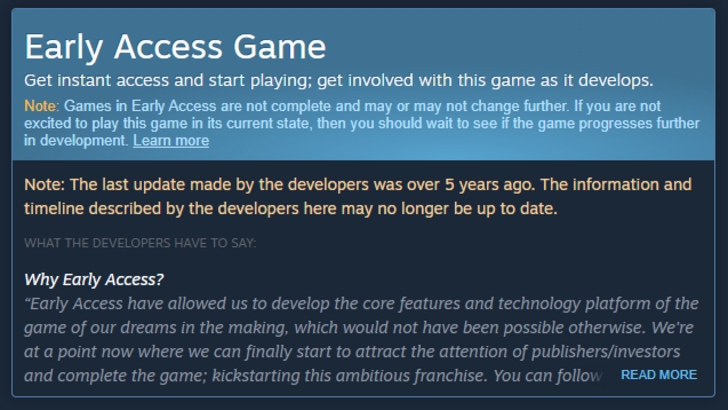
Steam has also introduced a feature flagging Early Access games untouched for over a year. These titles now display a message on their store pages indicating the time since their last update and warning that developer information may be outdated.
Given the substantial number of Early Access games on Steam, this alert helps users identify potentially abandoned projects. While negative reviews often serve this purpose, a prominent notice provides a clearer and more immediate warning.
Positive community feedback on social media and Steam forums reflects widespread approval of this addition. Some users even suggest delisting games abandoned for extended periods (five years or more).

 Latest Downloads
Latest Downloads
 Downlaod
Downlaod




 Top News
Top News